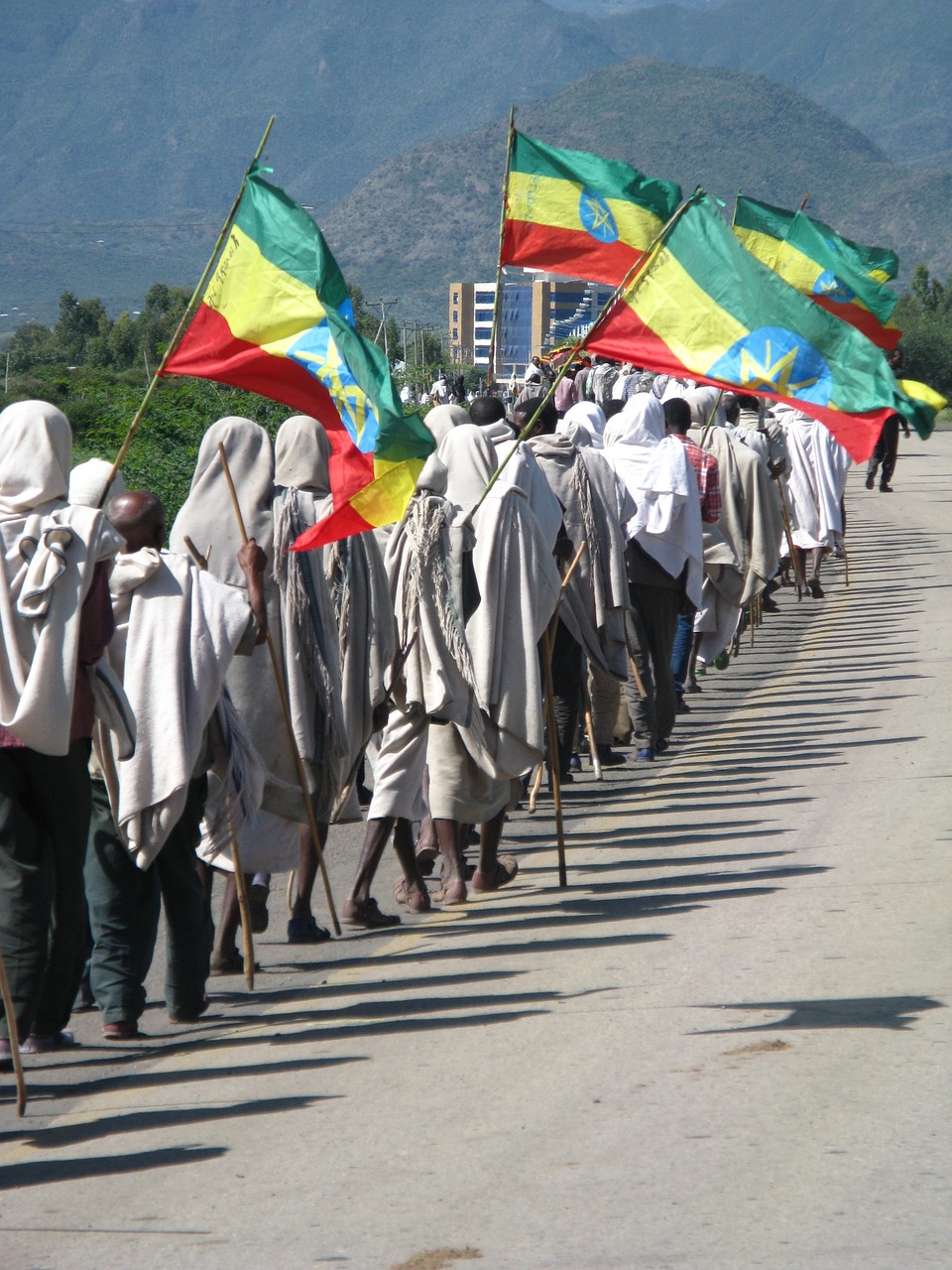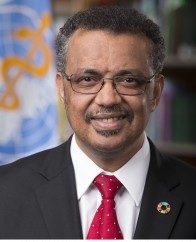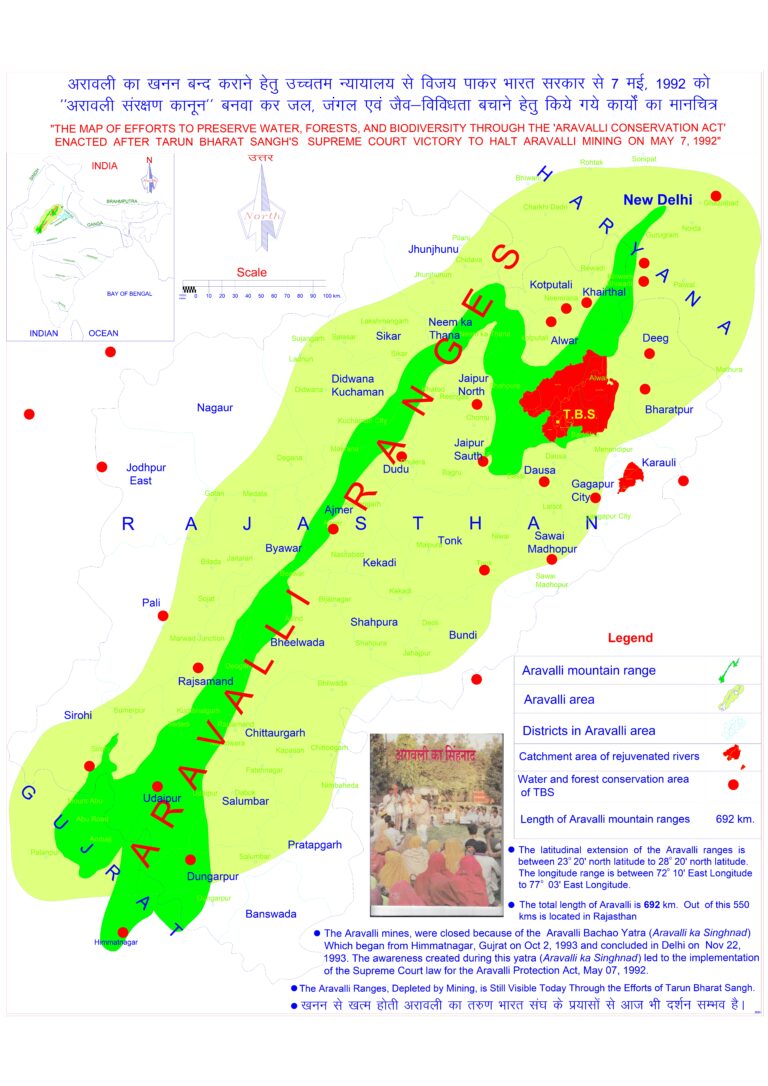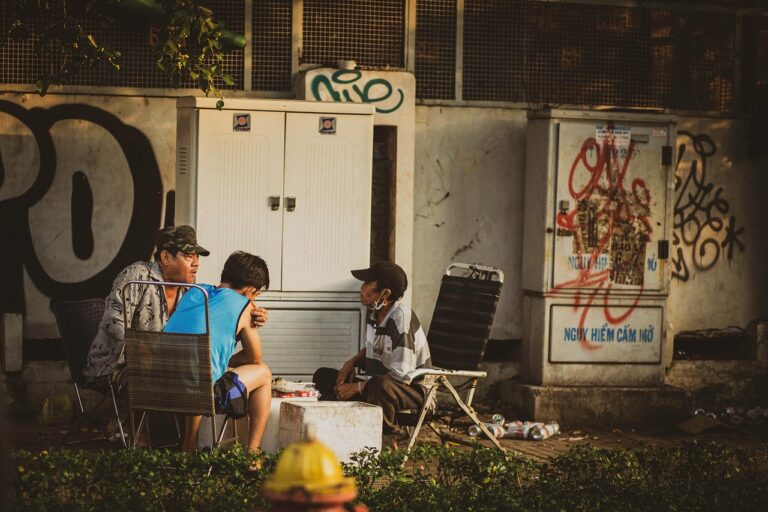
Ethiopia march
By Dr Tedros Adhanom Ghebreyesus*
Director-General, World Health Organization
In Ethiopia, I am especially appalled by the continued use of rape and other forms of gender-based violence. But the systemic nature and unprecedented scale of rape and gender-based violence in Tigray is like nothing I have seen in my professional career and the lack of media coverage is deafening.
The International Commission of Human Rights Experts on Ethiopia has compiled evidence that tens of thousands of rape survivors sought assistance between November 2020 and June of this year. The number of women raped is much higher.
It was heart-breaking to read Refugee International’s findings, which – based on extensive research and interviews with health workers and civilians – estimated that approximately 40–50% of women in Tigray experienced gender-based violence.
Eighty per cent of sexual violence survivors reported being raped, with close to 70% reporting that they were gang raped by armed groups.
Rape as a weapon of war, whether it is Tigray, the Democratic Republic of Congo, Haiti, Israel or Sudan, is a heinous act and stain on humanity.
Gender-based violence, including conflict-related sexual violence, is preventable. And all survivors must have access to compassionate healthcare services.
The neighbouring Amhara region of Ethiopia is also in a state of emergency due to continuing conflict, in which health facilities have been damaged or destroyed, including an ambulance that was attacked by a drone two weeks ago, killing five people.
In both Tigray and Amhara and elsewhere in Ethiopia, a severe drought has compounded existing food insecurity and led to widespread malnutrition, with millions of people at risk of starvation. Although the war in Tigray officially ended more than a year ago, the humanitarian crisis has continued.
*We selectively reproduce the content on Ethiopia from what WHO’s Director-General spoke to journalists today (IST) at a special briefing for reporters in Geneva. – Editor






